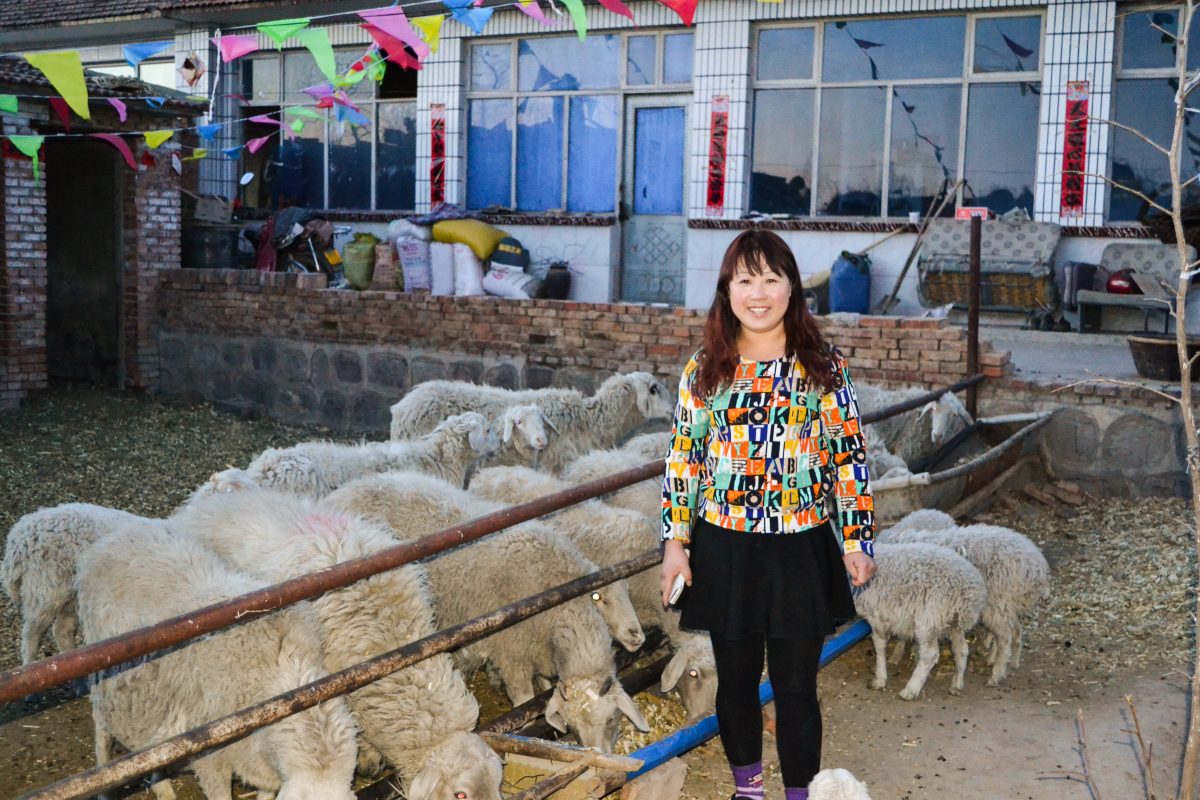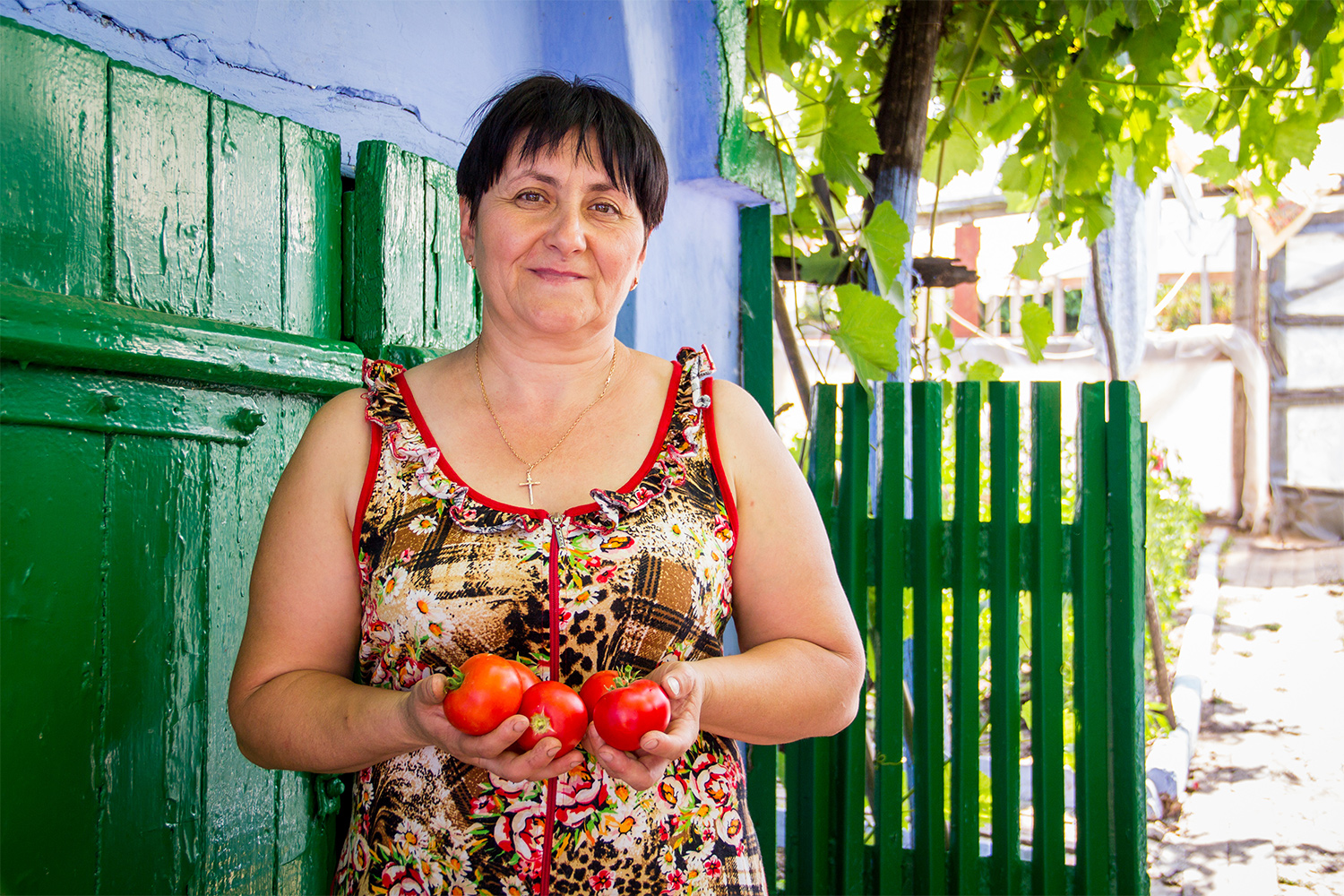Around the world, we see creative, industrious men and women committed to providing for their families and serving their communities through meaningful work. In this year’s gift catalog, we’ve included some of the tools HOPE International-network clients use in some of the most common jobs in the developing world: animal rearing, farming, tailoring, and store ownership. In this series, we’ll dive into some of the challenges faced by those in that profession.
For many families in the communities where HOPE serves, their dream is to own livestock—a goat, cow, chicken, or pig.
Owning livestock is a key component of food security, providing families with their own supply of milk, meat, and eggs. And since animal products can add greater nutritional and caloric value to a family’s diet, owning livestock can increase a family’s overall health.
Livestock owners can also use manure to fertilize their crops, cutting down the cost of purchasing fertilizer and increasing their yields. Many families also use smaller animals like sheep or goats as a means of investing their savings—it’s often a safer and more productive way to safeguard built-up sums of money.
The United Nations’ Food and Agriculture Organization advocates that if more families have access to livestock ownership, global food security will drastically increase.
That’s why HOPE invests in animal breeders.

















